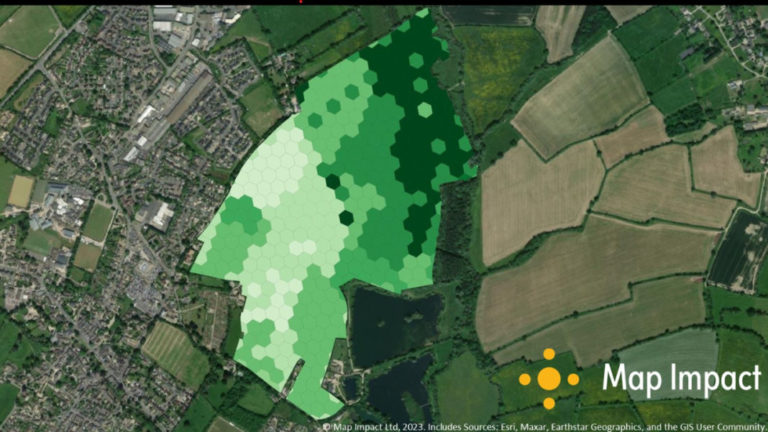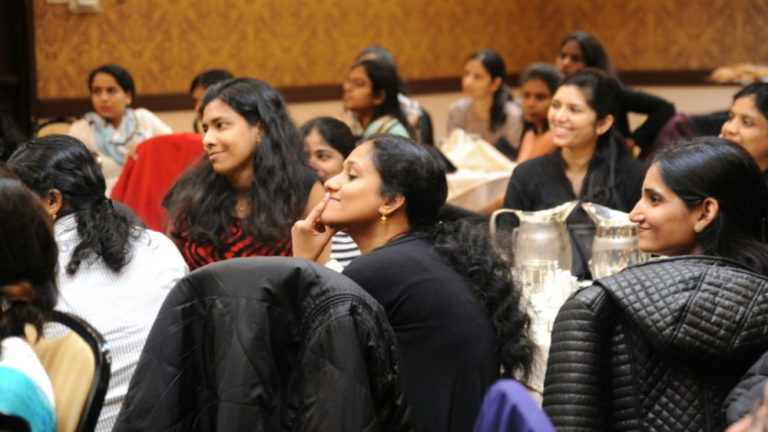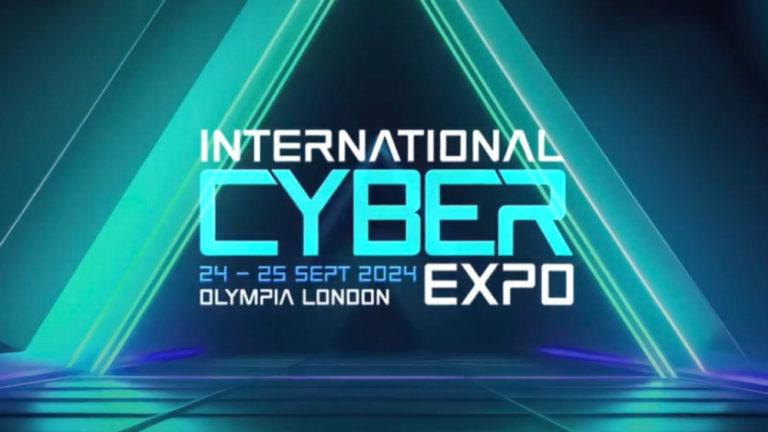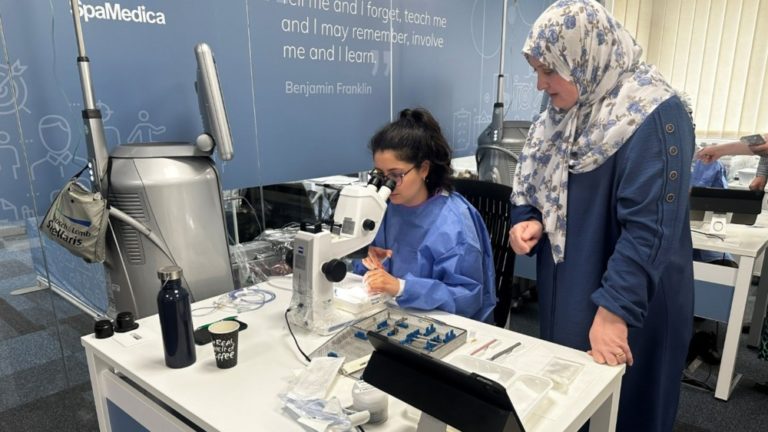DNA Testing Accessibility Raises Concerns over Donor Anonymity, Researchers Find
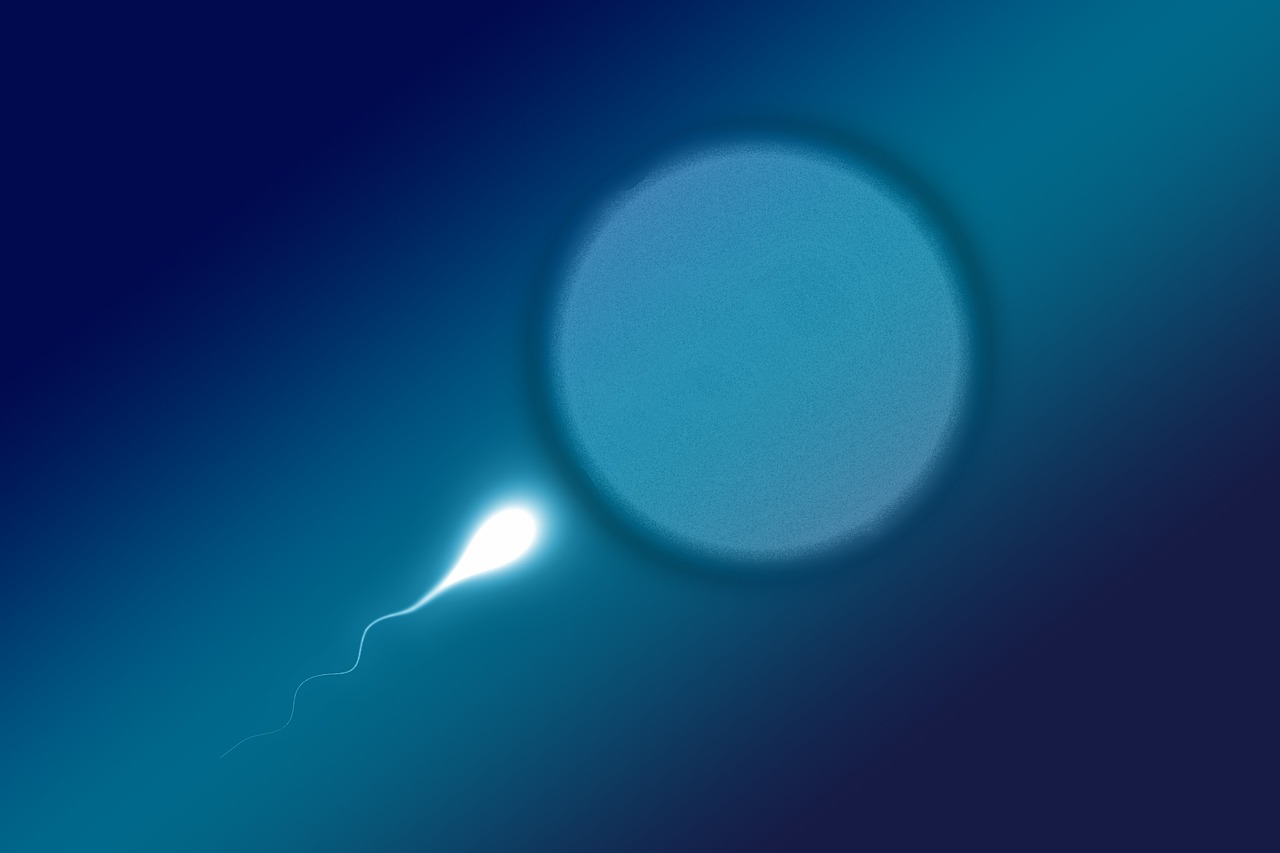
In a recent study conducted by the ConnecteDNA project at The University of Manchester, researchers Dr. Lucy Frith and Dr. Caroline Redhead have shed light on the profound consequences of widespread access to direct-to-consumer genetic testing (DTCGT) on the anonymity of egg, sperm, and embryo donors. The preliminary findings indicate that the potential for donor identification is just one of several significant implications of DTCGT, underscoring the need for informed consent among donors and parents involved in donor conception.
In a joint article published by Policy@Manchester, the policy engagement institute at The University of Manchester, Dr. Redhead and Dr. Frith argue that clinics should be legally obliged to inform donors and recipients about the heightened likelihood of donor identity discovery resulting from advancing technologies. They emphasize the importance of incorporating this information into the consent process for prospective donors, ensuring a comprehensive understanding of the challenges to anonymity posed by genetic testing and other developing technologies.
The researchers urge the Human Fertilisation and Embryology Authority (HFEA), the regulatory body overseeing fertility matters in the UK, to enact legal changes that are future-proof, taking into account the potential impacts of emerging technologies such as facial kinship verification. They also recommend that any new legislation enacted by the government should facilitate regulatory systems that allow for long-term contact between all parties involved, particularly donors and parents.
Dr. Redhead and Dr. Frith caution that the accessibility and affordability of DTCGT, combined with information available on social media platforms, create a scenario where donors and donor-conceived individuals may identify each other outside the regulated system, even unintentionally. This newfound visibility has the potential to uncover previously unknown donor-conceived status or the identification of donor siblings, including the donor’s own children.
The academics highlight that DTCGT can lead to genetic connections being identified without further explanation or access to additional information, which may result in misinterpretation of these connections as evidence of extramarital relationships, for instance. They stress the importance of informing prospective donors and intended parents about the broader implications of DTCGT and emphasize the need for tailored efforts to reach historically harder-to-reach groups, including historical donors and their families, as well as parents of adult donor-conceived children who may not have previously shared the circumstances of their child’s conception.
The article, titled “ConnecteDNA – the implications of technology on donor conception anonymity,” is available for reading on the Policy@Manchester website. The researchers hope that their findings will contribute to ongoing discussions surrounding donor anonymity and inform potential legislative changes to ensure the long-term integrity of the donor conception process.






